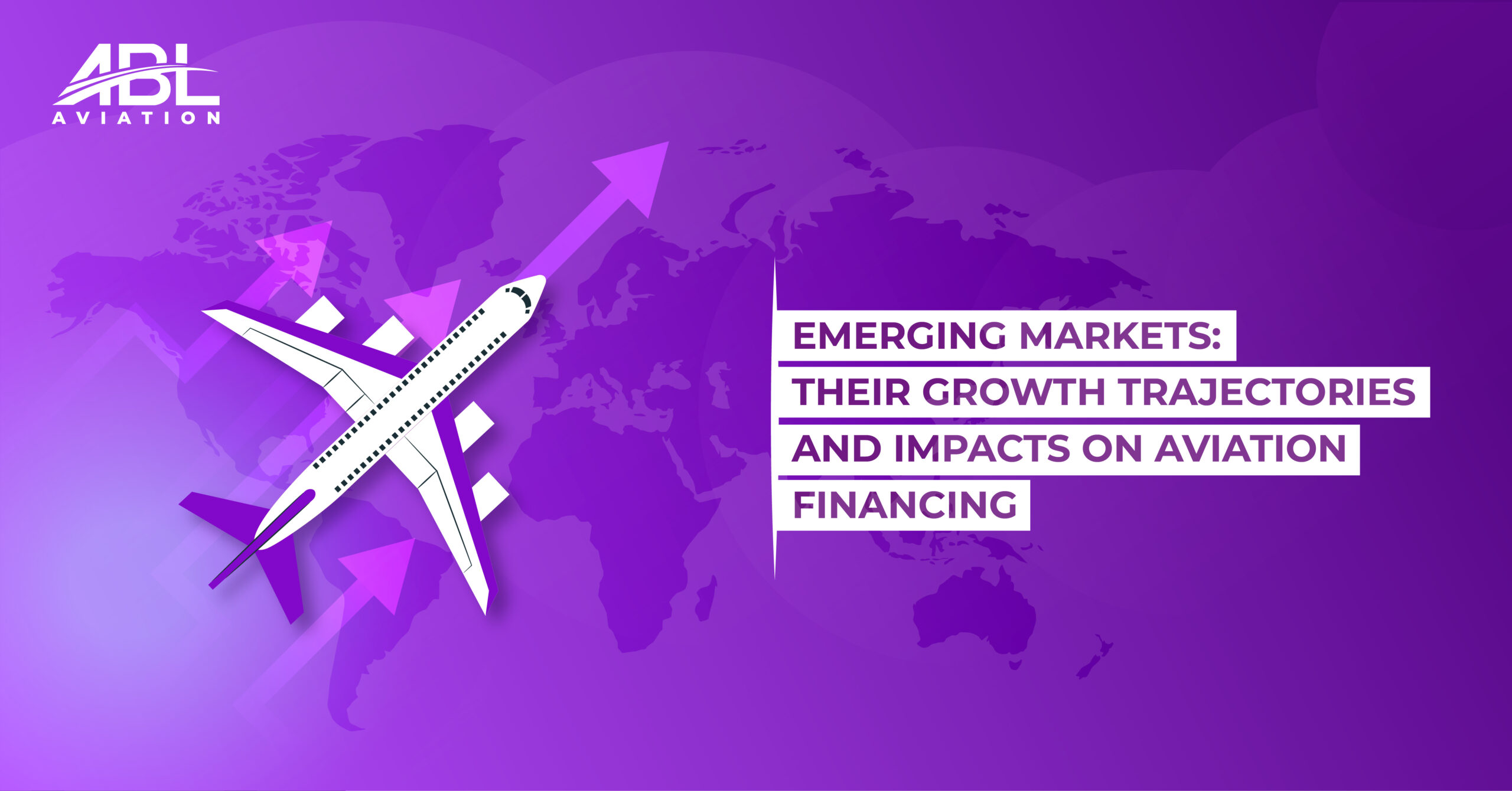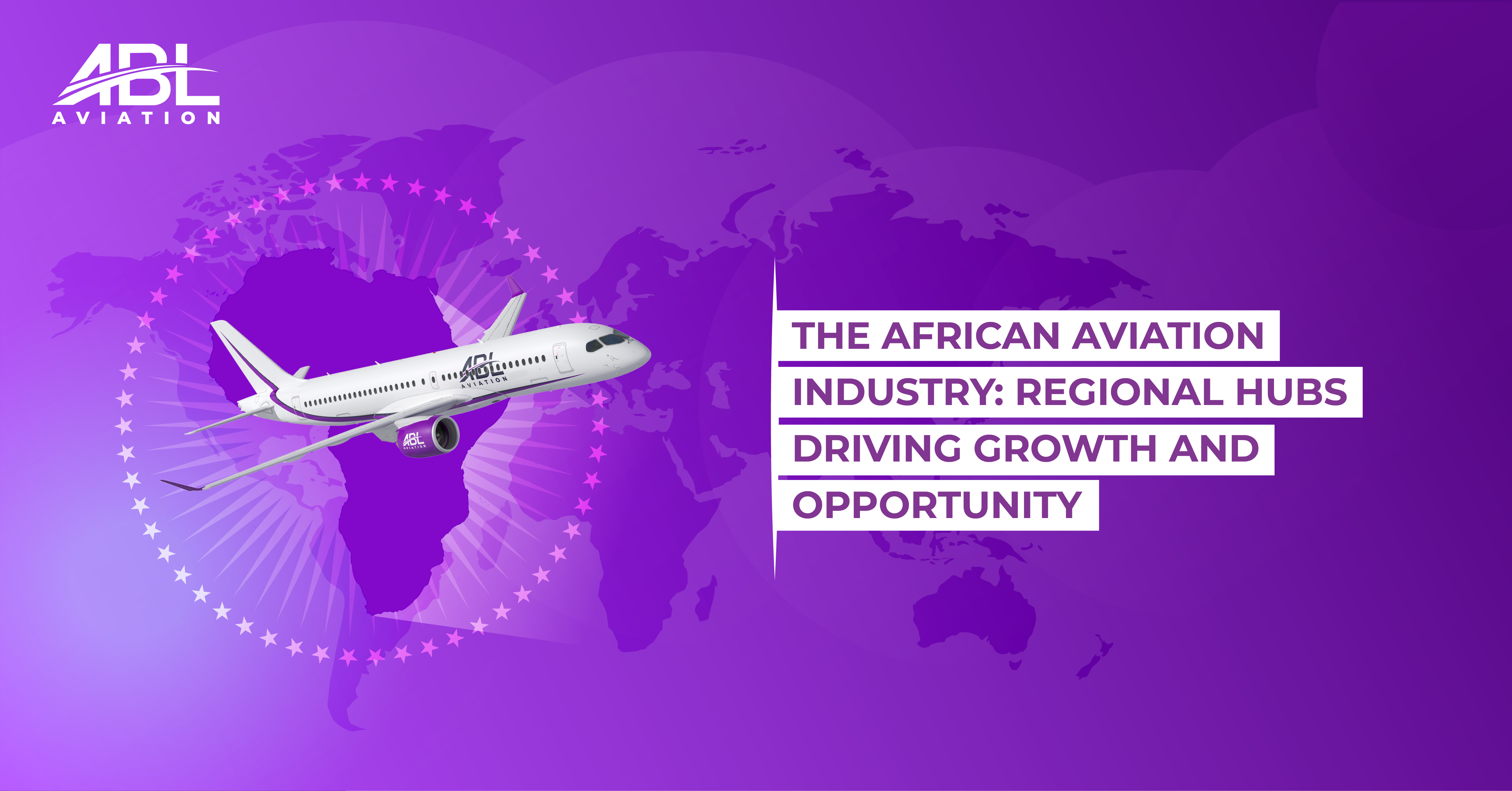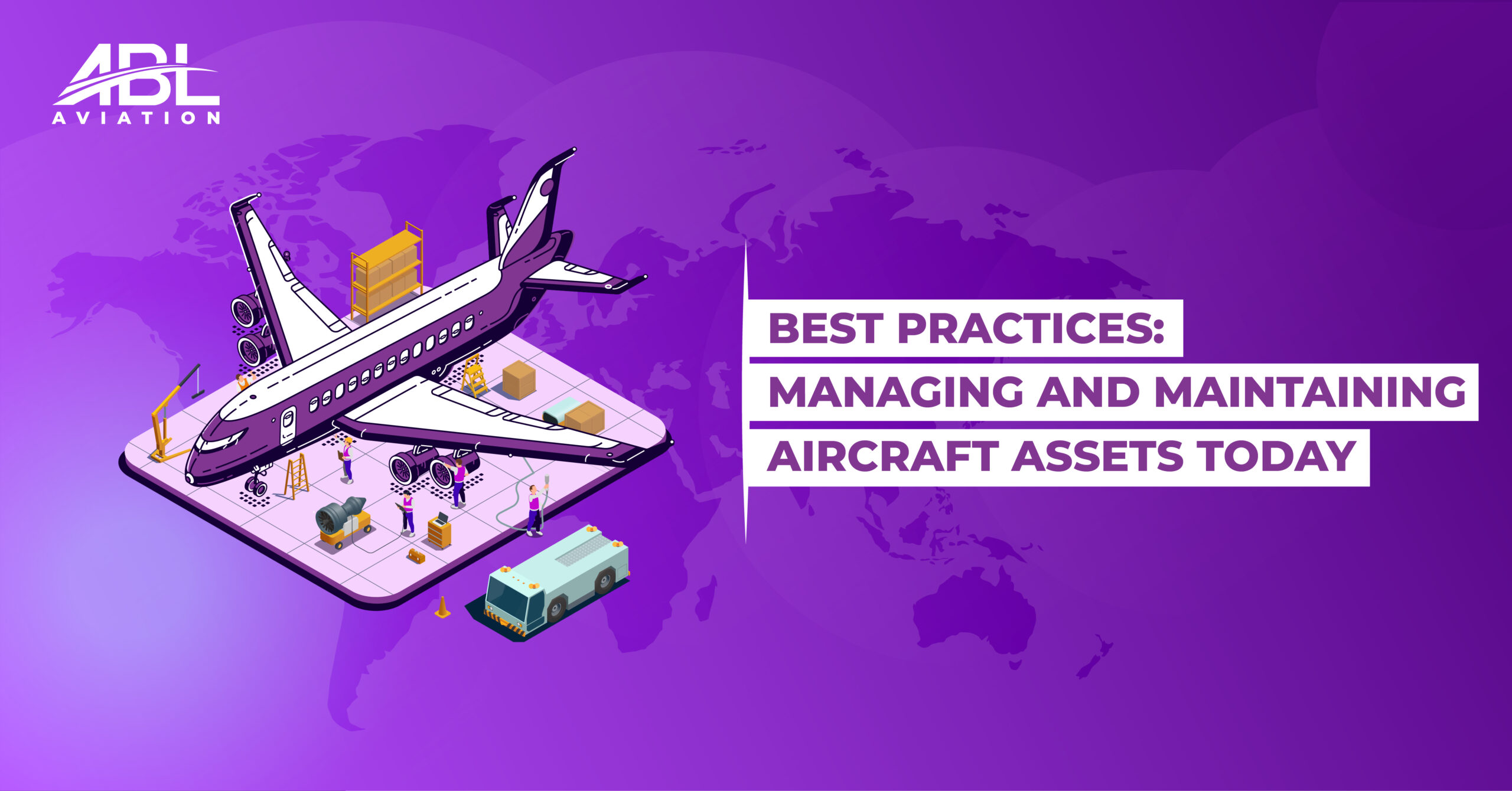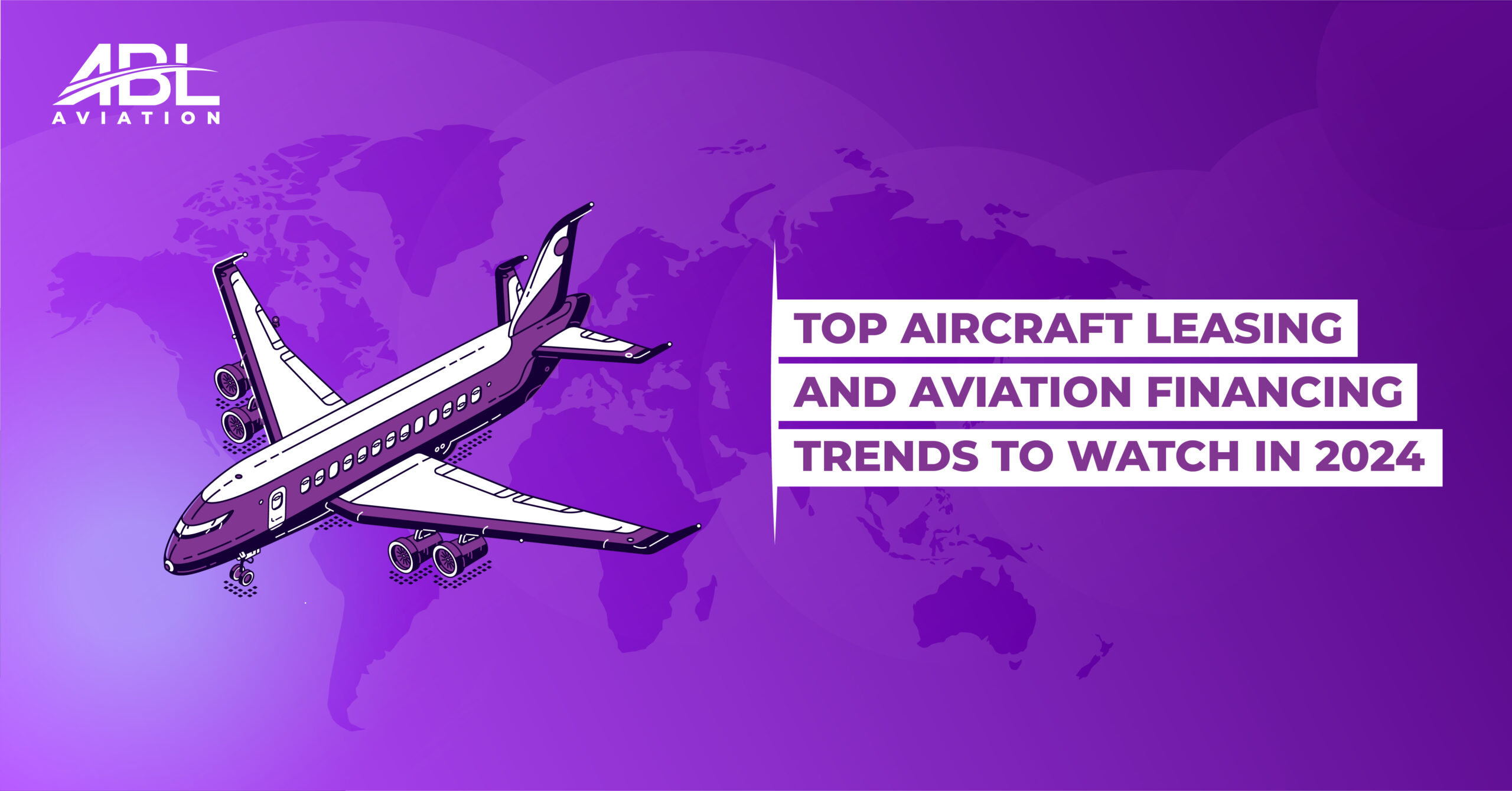
Emerging Markets: Their Growth Trajectories and Impacts On Aviation Financing
Emerging markets, particularly in Asia and Africa, are experiencing rapid economic growth, urbanisation, and an expanding middle class. This growth is driving a significant increase in air travel demand, which presents opportunities for airlines, aircraft manufacturers, and aviation finance providers.
Africa’s aviation industry is on a notable upswing, showing significant growth and recovery. In 2022, air traffic in the region rebounded to 80% of its pre-pandemic levels, indicating a substantial increase in demand and a positive economic turn. The International Air Transport Association (IATA) predicts that over the next two decades, the need for air travel in Africa will triple, a substantial rise considering that despite the continent being home to 18% of the world’s population, it only accounts for 2.1% of global air transport activities.
This growth in Africa’s aviation industry is expected to positively impact other key economic areas, particularly trade and tourism. The expansion will create numerous job opportunities, significantly bolstering the continent’s financial health. Also, with African airlines increasing their focus on inter-regional connections, there is a growing need for new aircraft. Boeing estimates that around 1,010 new aircraft valued at $176 billion will be required by 2042 to meet this increasing demand, highlighting the expanding scope and potential of the continent’s aviation industry.
The Asia-Pacific aviation industry is another market experiencing a significant rebound, essential for economic growth. According to a report by IATA, in February 2023, air traffic in this region saw a substantial increase of 55.5% compared to the same month in the previous year. This rise highlights the crucial role of aviation in enhancing trade, tourism, and business connectivity in Asia-Pacific emerging economies.
A key driver of this growth is the surging air travel demand in densely populated nations like China and India, particularly among the expanding middle class. The Asian Development Bank (ADB) projects that by 2023, about 2.7 billion people in the region will join this economic segment, representing over half of the global population in similar financial tiers. This growth, coupled with more affordable air travel due to low-cost carriers and technological advancements in aviation, is making air travel more accessible to a broader range of consumers.
The rising demand for air travel in emerging markets of Asia and Africa is creating significant opportunities for aviation investors, particularly in new aircraft and infrastructure development. Airbus anticipates a need for about 1,180 new aircraft in Africa by 2042. To meet these demands, airlines are expanding routes, necessitating investments in fleet growth and airport infrastructure. This fleet expansion requires substantial capital, opening up aircraft leasing opportunities for lessors to provide airlines with the flexibility to manage costs and expand their capacity without direct purchase burdens.
Despite the considerable opportunities in the aviation industry of emerging markets like Asia and Africa, challenges like political instability, regulatory uncertainties, and economic volatility remain significant obstacles. These factors can dissuade investors, highlighting the need for these regions to establish stable political climates, clear regulatory frameworks, and investor-friendly economic policies. Addressing these challenges, alongside fostering technological adaptation and skilled workforce development, is essential for the sustainable advancement of the aviation industry in these emerging markets.
ABL Aviation, a prominent player in the aircraft leasing sector, is actively expanding its presence in emerging markets, notably in Turkey. The company collaborates closely with leading airlines such as Turkish Airlines (THY) and Pegasus Airlines, aiming to enhance their fleet and operational capabilities. Ali Ben Lmadani, the CEO of ABL Aviation, shares insights on this approach, “Regions like Turkey present vast opportunities for development and progress. Our collaborative efforts with airline partners in the region demonstrate our commitment to advancing aviation globally in these areas. Recognising the distinct challenges these environments pose, we constantly adapt our strategies to stay aligned with evolving market dynamics and the specific needs of airline partners and investors.”
Go Back




